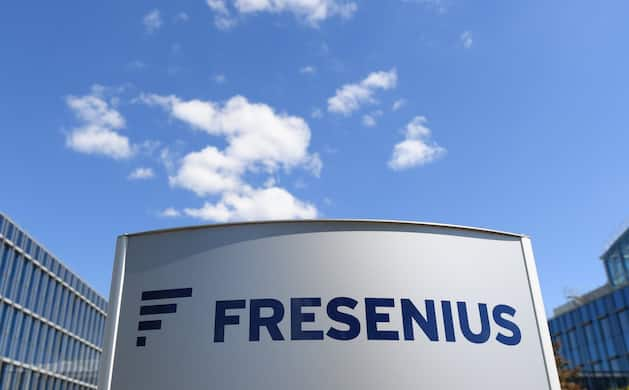Thousands of corporations around the world announced a boycott of Russia after the start of the Ukraine war. Evaluations now show that only around a quarter went through with it completely. Germany fares poorly.
When Russia invaded Ukraine on February 24, 2022, it caused an outcry not only in society but also in business. In the weeks after the invasion began, global corporations around the world outdid each other in announcing their exit from the Russian market. Some were merely reacting to sanctions that made their operations in Russia impossible anyway, while others forestalled sanctions. Still others did not want to risk damaging their image in the rest of the world, and some certainly ended their business in Russia for purely moral reasons.
However, just a few months after the first wave of indignation, it became apparent that by no means all companies were able to follow through with their announcements or even completely separate themselves from the Russian market. There are several reasons for this, depending on the industry. For banks, for example, it is very difficult to clearly separate the deeply nested cash flows of their global customers. There are many complicated individual cases in which it is not always clear what the morally best solution is. Consumer goods and pharmaceutical companies face a dilemma as to whether it is right to withhold baby formula, toilet paper, antibiotics and painkillers from Russia because his government has decided to go to war. There are also dependencies, for example where companies depend on Russian raw materials and are therefore open to blackmail. In addition, last year the Russian government threatened to nationalize the operations of foreign companies if they left the country.
All this means, a year later, that only a minority of global corporations really no longer do business with Russia. Two researchers from the University of St. Gallen and the IMD Business School in Lausanne examined a database of 1,404 corporations from the G7 countries that owned Russian subsidiaries as of April 2022. Result: only 8.5 percent of them actually closed at least one of their Russian subsidiaries. Germany comes off particularly badly. Only 14 out of 264 local companies in the evaluation have closed their business in Russia. That’s just 5.3 percent.
However, the evaluation from Switzerland has several weaknesses. First, it takes April 2022 as a starting point. Corporations that have already left the Russian market do not stand out positively. Also, the analysis was released at the end of December and only includes data up to the end of November. In theory, the number of exits from Russia should already be slightly higher. In addition, the Swiss differentiate according to country, but not explicitly according to industry or reasons why companies could still be active in Russia.
Yale University from the USA analyzes corporations and their reactions to the Ukraine war in more detail. Immediately after the start of the invasion in February, she started a list that now includes 1,389 Western companies – from Belgium to Uzbekistan. They are given school grades from A to F, with A standing for a complete withdrawal from Russia and F for the complete opposite – business as usual.
The global economy is doing less poorly here. After all, 341 corporations, 25 percent, have withdrawn completely. Another 35 percent received a B grade. These are companies that have withdrawn, but still have loopholes that allow them to boost their business again at any time. Only 16 percent received the worst grade F, which is reserved for corporations that have so far completely refused to change anything in their Russian business. Like the evaluation from Switzerland, the researchers from Yale do not go into more precise reasons for this.
German companies are roughly average in this list. Of 127 corporations, 24 percent received the grade A. These include Aldi, BASF, Deichmann, Deutsche Bank, Deutsche Telekom, Dr. Oetker, Edeka, Lufthansa, Mercedes-Benz and Siemens. The grade B goes to 31 percent of German companies, including Adidas, BMW, DHL, Munich Re, Playmobil, Porsche, Puma, VW and Würth.
At 19 percent, German companies are represented somewhat more frequently than the global average in the grade F. The 19 corporations that continue to operate in Russia as before include pharmaceutical and medical companies such as B. Braun, Fresenius, Siemens Healthineers and Stada Arzneimittel, but also the confectionery manufacturer Storck, the Globus supermarket chain and the New Yorker clothing chain Branches in Moscow are still open.
The researchers from Yale base their evaluation on official company announcements. So there is a better grade here for the announcement of a group to withdraw from the Russian market. The Americans do not have the capacity to check this exactly. This can also lead to some corporations being sorted incorrectly.
These 5 stocks can cause massive price losses in the medium term!
Follow the author on Facebook
Follow the author on Twitter















